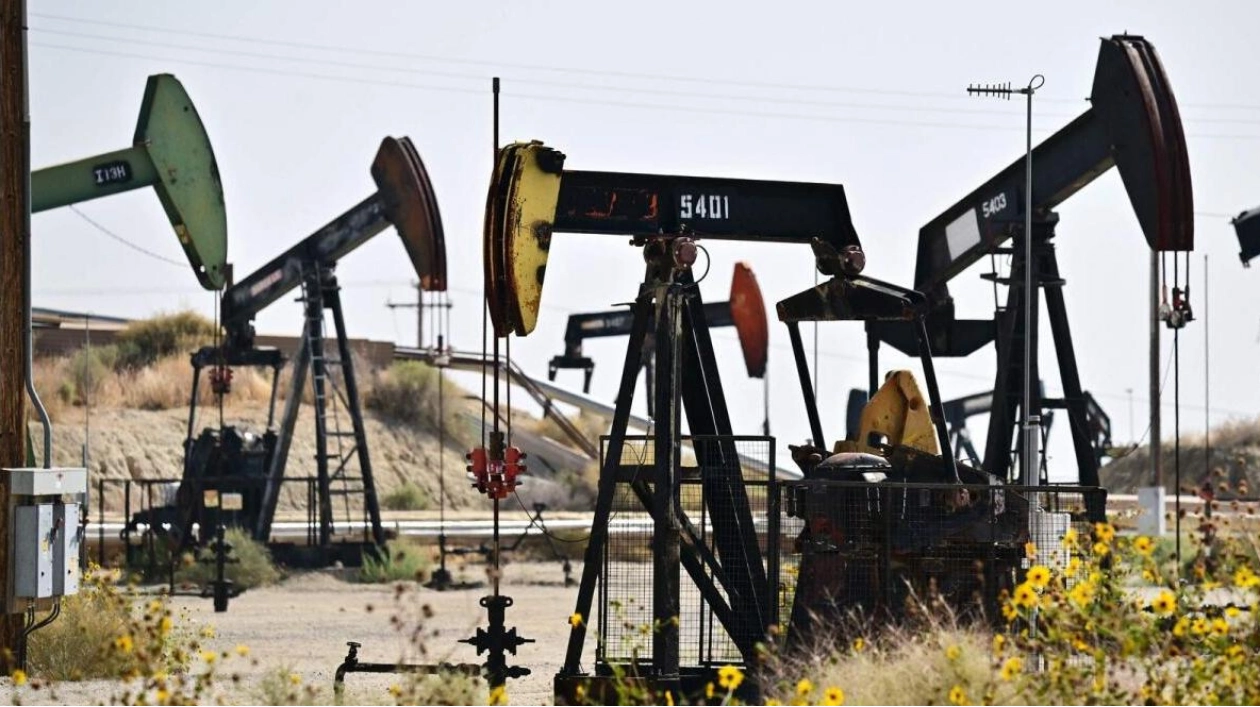The Organisation of Petroleum Exporting Countries (Opec) expressed optimism regarding substantial growth in oil demand for 2024 and 2025, attributing this positive outlook to the global economy's recent resilience. Opec Secretary General Haitham Al Ghais revealed that in 2024, oil demand is projected to increase by 2.2 million bpd, reaching an estimated global demand of 104.5 million bpd. This anticipation was conveyed ahead of the upcoming OPEC plus group meeting, during which decisions regarding ongoing production cuts for the second half of the year will be made.
Looking towards 2025, Opec foresees a noteworthy expansion in global oil demand, with a forecasted growth of 1.8 million bpd year-over-year, averaging 106.3 million bpd. Al Ghais shared these insights during the Special Session of the 141st Meeting of Opec’s Economic Commission Board.
Furthermore, Opec’s optimistic oil demand projections align with those provided by Goldman Sachs, as analysts from the US bank indicated a sustained oil demand growth trajectory until 2034, primarily due to the deceleration of electric vehicle sales momentum.
In its recent monthly report, Opec highlighted a resilient global economy in the early months of the year, indicating potential upside for the latter half, potentially stemming from the easing of monetary policies. The report also noted a 2.4 million bpd increase in global oil demand during the first quarter of 2024, with an anticipated total world oil demand of 104.5 million bpd for the entire year. This growth is largely attributed to robust air travel demand, thriving road mobility including trucking, and flourishing industrial, construction, and agricultural activities in non-OECD countries.
Despite potential downside risks, Opec emphasized the sustained momentum observed since the year's commencement, indicating the possibility of additional upside potential for global economic growth in 2024 and beyond.
Goldman Sachs analysts adjusted their 2030 oil demand forecast to 108.5 million barrels per day (bpd) from the previous 106 million bpd estimation. Additionally, they now anticipate global oil demand to peak in 2034 at approximately 110 million bpd, followed by a period of plateau oil demand until around 2040, projecting a moderate compounded annual growth rate demand decline of 0.3 per cent till 2040.
The majority of global oil demand growth is expected to stem from emerging markets in Asia, specifically propelled by China and India, mirroring the sentiments of other forecasters who envision these economies as primary contributors to global oil demand growth in the next decade. Goldman Sachs also highlighted the deceleration of electric vehicle sales globally, emphasizing the competitiveness of hybrids and plug-in hybrids.
As the sales of electric vehicles show signs of slowing, Goldman Sachs research analyst Kota Yuzawa discussed the increasing likelihood of their bear case for EV sales, attributing it to rising concerns about driving range and charging infrastructure, which may prompt potential consumers to reassess their decision to purchase an EV.






